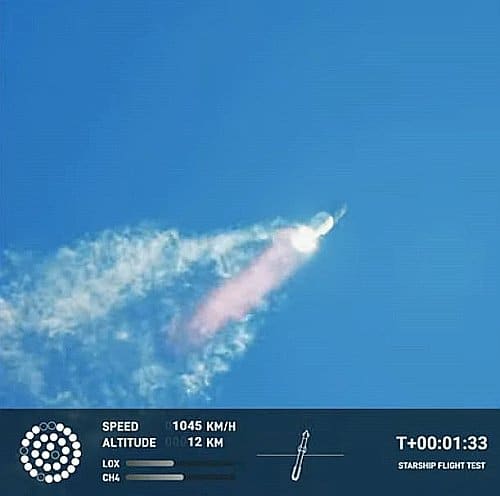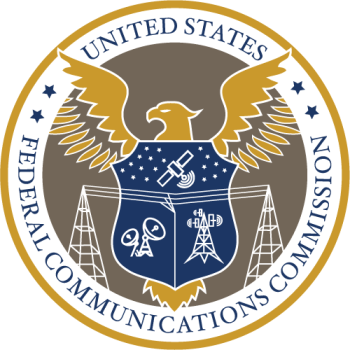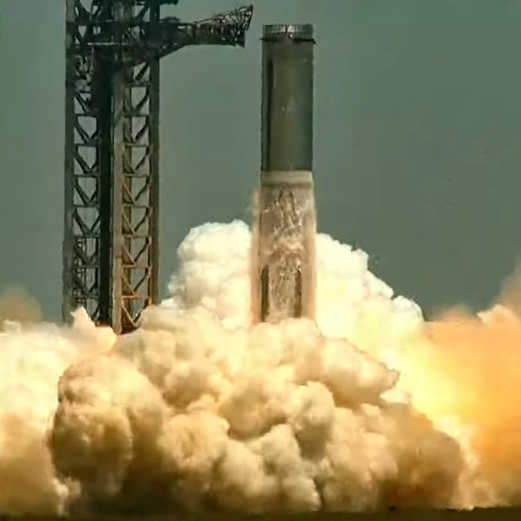FAA and Fish & Wildlife approve further launches of Starship/Superheav at Boca Chica
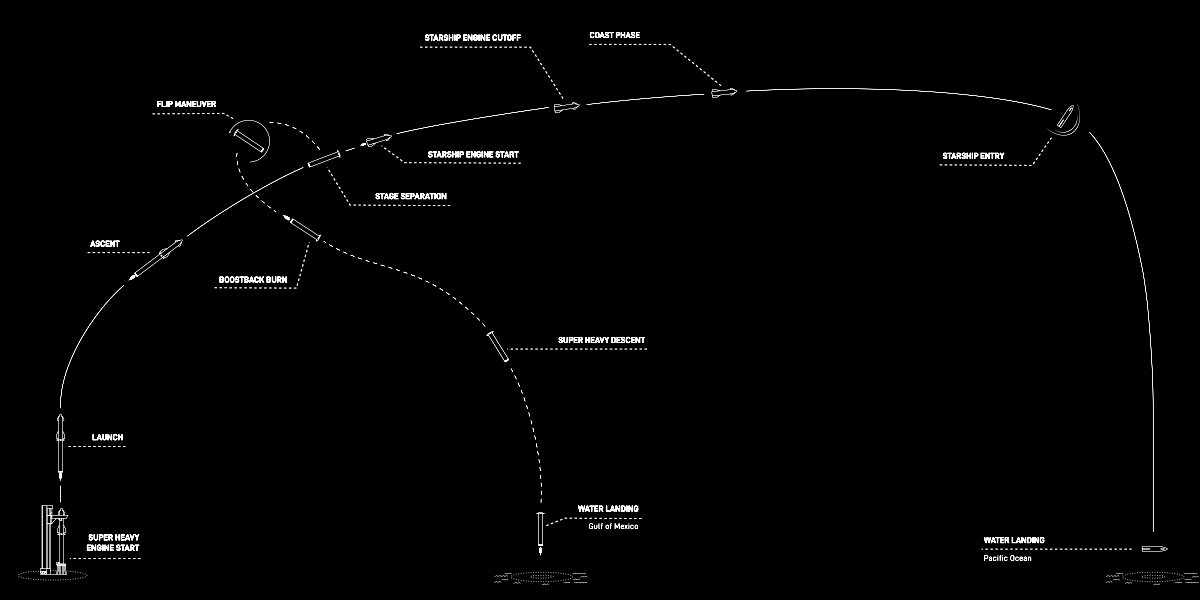
The April Starship/Superheavy flight plan. Click for original image.
The slightly revised flight plan for flight two can be found here.
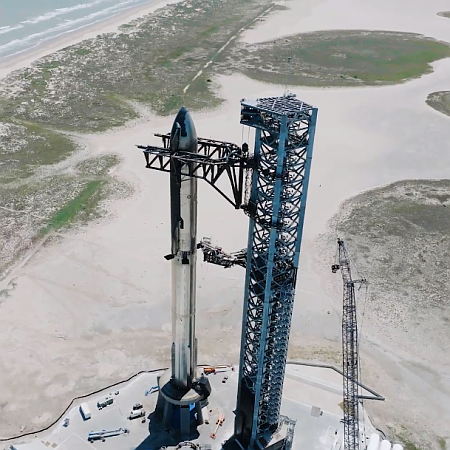
Starship stacked on Superheavy, September 5, 2023,
when Elon Musk said it was ready for launch
UPDATE: The FAA has now issued the launch licence [pdf]. Note it adds that the FAA and Fish & Wildlife have imposed new requirements (as noted in the announcements below) on SpaceX on this and future launches, all of which will have to be reviewed after each launch.
Original post:
————————-
Both the FAA and the Fish & Wildlife department of the Interior Departiment today released their completed investigations of the environmental impacts created by the first test launch of SpaceX’s Starship/Superheavy rocket in April 2023, and (not surprisingly) concluded that the launch did no harm, and that a second launch can be allowed.
The FAA report can be found here [pdf]. The Fish & Wildlife report can be found here [pdf]. Both essentially come to the same conclusion — though in minute detail — that Fish and Wildlife had determined in April 2023, only a week after that first test launch.
No debris was found on lands belonging to the refuge itself, but the agency said debris was spread out over 385 acres belonging to SpaceX and Boca Chica State Park. A fire covering 3.5 acres also started south of the pad on state park land, but the Fish and Wildlife Service didn’t state what caused the fire or how long it burned.
There was no evidence, though, that the launch and debris it created harmed wildlife. “At this time, no dead birds or wildlife have been found on refuge-owned or managed lands,” the agency said. [emphasis mine]
In other words, the investigation for the past seven months was merely to complete the paperwork, in detail, for these obvious conclusions then.
As part of the FAA action today, it also issued range restrictions for a November 17, 2023 test launch at Boca Chica. Though there is no word yet of the issuance of an actual launch license, it appears one will be issued, and SpaceX is prepared for launch that day, with a 2.5 hourlong launch window, opening at 7 am (Central). SpaceX has already announced that its live stream will begin about 30 minutes before launch, at this link as well as on X.
Hat tip to BtB’s stringer Jay and my reader Jestor Naybor for these links.

The April Starship/Superheavy flight plan. Click for original image.
The slightly revised flight plan for flight two can be found here.

Starship stacked on Superheavy, September 5, 2023,
when Elon Musk said it was ready for launch
UPDATE: The FAA has now issued the launch licence [pdf]. Note it adds that the FAA and Fish & Wildlife have imposed new requirements (as noted in the announcements below) on SpaceX on this and future launches, all of which will have to be reviewed after each launch.
Original post:
————————-
Both the FAA and the Fish & Wildlife department of the Interior Departiment today released their completed investigations of the environmental impacts created by the first test launch of SpaceX’s Starship/Superheavy rocket in April 2023, and (not surprisingly) concluded that the launch did no harm, and that a second launch can be allowed.
The FAA report can be found here [pdf]. The Fish & Wildlife report can be found here [pdf]. Both essentially come to the same conclusion — though in minute detail — that Fish and Wildlife had determined in April 2023, only a week after that first test launch.
No debris was found on lands belonging to the refuge itself, but the agency said debris was spread out over 385 acres belonging to SpaceX and Boca Chica State Park. A fire covering 3.5 acres also started south of the pad on state park land, but the Fish and Wildlife Service didn’t state what caused the fire or how long it burned.
There was no evidence, though, that the launch and debris it created harmed wildlife. “At this time, no dead birds or wildlife have been found on refuge-owned or managed lands,” the agency said. [emphasis mine]
In other words, the investigation for the past seven months was merely to complete the paperwork, in detail, for these obvious conclusions then.
As part of the FAA action today, it also issued range restrictions for a November 17, 2023 test launch at Boca Chica. Though there is no word yet of the issuance of an actual launch license, it appears one will be issued, and SpaceX is prepared for launch that day, with a 2.5 hourlong launch window, opening at 7 am (Central). SpaceX has already announced that its live stream will begin about 30 minutes before launch, at this link as well as on X.
Hat tip to BtB’s stringer Jay and my reader Jestor Naybor for these links.

